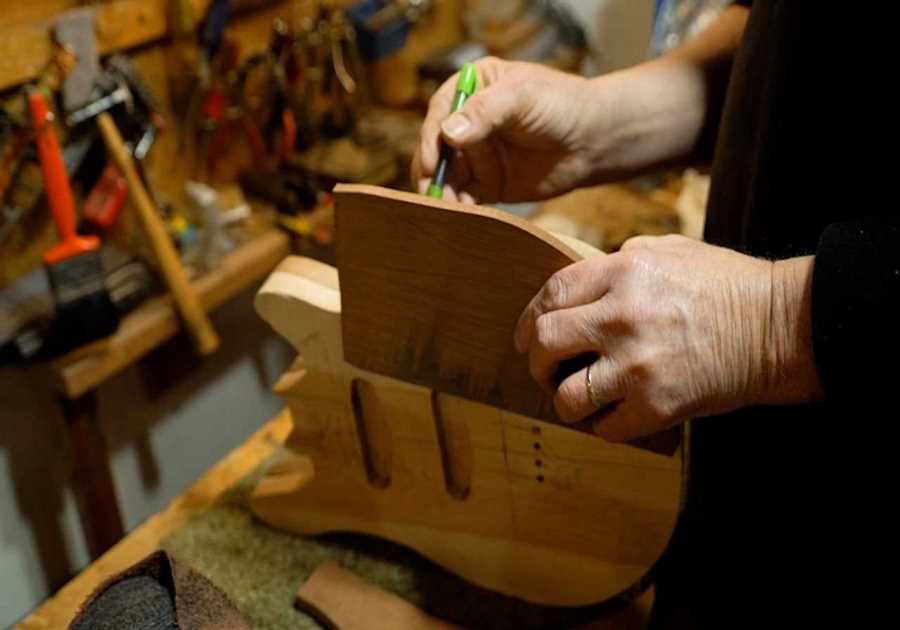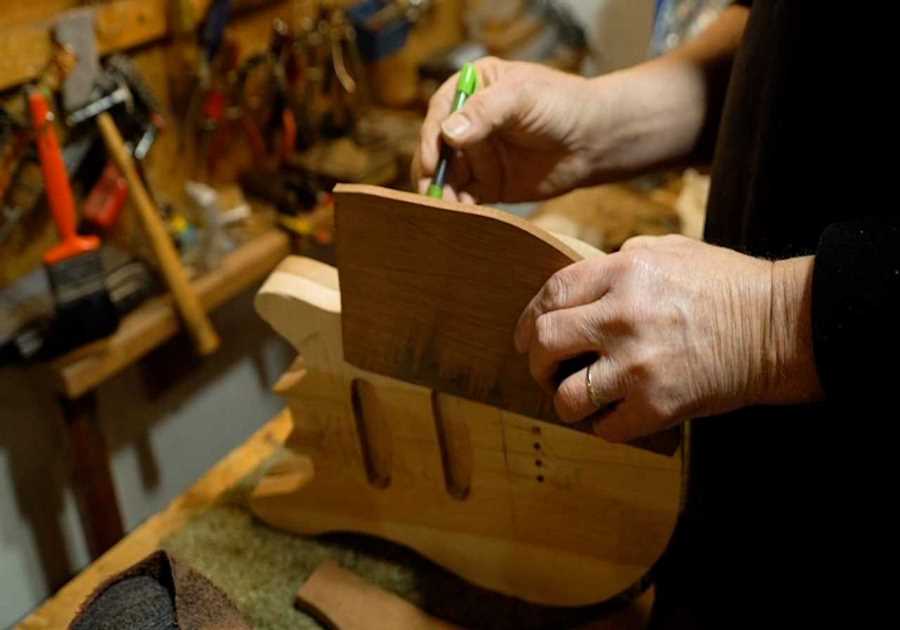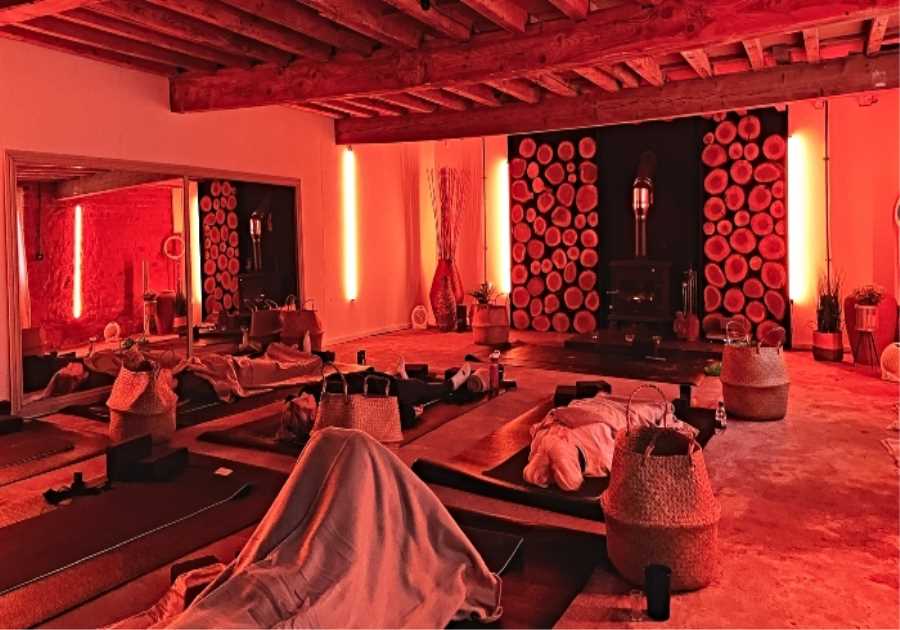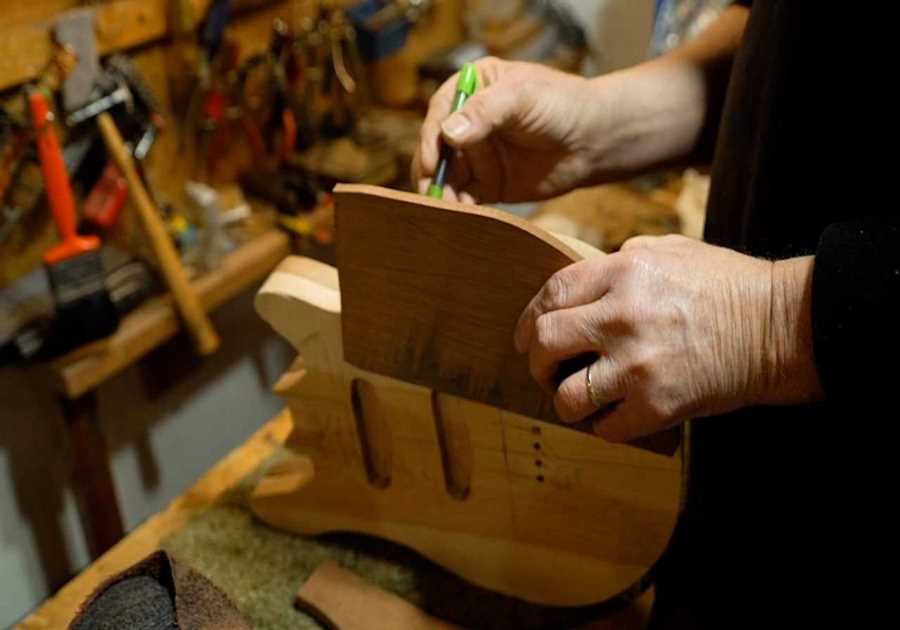Confessions of a Global Gypsy
by Dr. Chandana (Chandi) Jayawardena DPhil
President – Chandi J. Associates Inc. Consulting, Canada
Founder & Administrator – Global Hospitality Forum
The round trip
We made sizeable profits on our very first Ceylon Hotel School (CHS) prom and decided to spend all of the money on an all-inclusive seven-day tour for all students in the two senior groups that organized the dance. Three faculty members joined in, perhaps to keep an eye on us. It was nice to have “fun” activities outside of the formal environment that we at CHS made sense of. With a lot of singing, dancing, joking, river bathing, playing, drinking and eating, this excursion was a lot of fun, but it was not without mischief in between. During this trip I realized for the first time in my life how important it is to analyze different personalities and how people behave differently and more freely in more relaxed situations. In later years, throughout my career in management, science and consulting, I have used these two concepts – “personality analysis” and “combining work and fun”.
When we returned to Colombo at the end of the week, our relationships with the participating staff had certainly improved. This trip became an annual event at CHS. A decade later, when I became a Senior Lecturer at CHS, I always took part in the student tours. It gave me the opportunity to better understand my students from another generation.
Mrs. Sommersaul
One of our favorite subjects was Basic German, but it wasn’t because of the subject. The main attraction was the gorgeous appearance of the young lady who was our part-time German lecturer. Frau Sommersaul had blond hair, a very beautiful figure, and often wore short skirts. Basic German was a course that inspired my punctuality.
My goal was to get a front row seat, but I wasn’t the only student with this idea. Priyajith, one of my playful comrades, regularly sat in the front row, deliberately dropping his chores on the floor. He hoped our teacher would bend over in short skirts to take up the assignments. One day he was warned by the headmaster not to stare at the shapely legs of the German teacher. The next day, Priyajith appeared in class wearing sunglasses. When Ms. Sommersaul asked why I was wearing sunglasses, he replied in broken German: “Ms. Sommersaul, the glare bothers my eyes”. (“Frau Sommersaul, the bright light disturbs my eyes.”)
In every German class there was a question on the blackboard. Ms. Sommersaul instructed each student to take turns answering in German. English was not allowed in her class. In the second month she noticed that I had never studied and therefore could not answer correctly in German. After that, it was always my turn to answer the question of the day, it just skipped me and went to the next student.
Mrs. Carmen Gomes
By watching three head coaches, I’ve learned lessons that go beyond cooking. When addressing the whole class, Ms. Gomes, the only chief instructor at the time, called us all “boys.” When she addressed each of us individually, she only used our family names. Every time she called me “Jayawardena” I didn’t like it and said, “Madam, my name is Chandana” as tactfully as possible.
Whenever I had to show her a dish I had prepared for grading, she reacted in the same way. She grimaced in disgust and disapproval before giving me a bad grade. One day I sent her the same bad grade dish for the second time, the second time with the best student in my class, WDT Anton. Mrs. Gomes tried my dish and said to Anton: “Perfect! Well done, Anton! ”And gave him 100%. In later years, as I ran the largest culinary school in Canada as an academic chair, I realized that practical assessment in the kitchen can sometimes be subjective based on students’ first impressions. Unfortunately, when I cooked at CHS, I made a very bad first impression.
Head Chef Helmut Belling
We really liked the specialist lecturer for kitchen operations from West Germany, head chef Helmut Belling. He was a fun-loving person and made some practical jokes
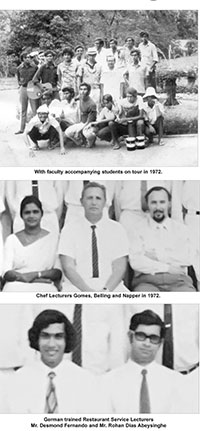
it in the kitchen. His favorite joke was replacing cubes of cheese (which we loved to steal) in the refrigerator with similar sized cubes of yellow Sunlight cleaning soap to deceive us. He was tall and tall and looked like a giant among some of my little comrades.
Occasionally the chef would lose his temper when we made a serious mistake in the kitchen. One day a little friend of mine burned Chicken Maryland just before lunch. The cook was very angry and lost his temper. He carried my companion by the waist with one hand on his pants and threw him out of the kitchen. This batch colleague became a top chef in the largest airline kitchens in Australia in later years.
Chef Robert Napper
Towards the end of our first year at CHS, an ILO kitchen expert, Chef Robert Napper came from the UK. He was a seasoned cook but had a superiority complex. As a result, he appeared to be sarcastic and not very respectful of the local culture. His relationship with his German colleagues at CHS was not the best, to say the least.
As a developing country, it was normal in Sri Lanka at the time to experience occasional power cuts and water outages during the dry spell
nth. One day towards the end of the kitchen, the water was practically cut off. We were glad we didn’t have to wash the kitchen that day. Chef Napper ordered each of us to pick a large pot or empty garbage can and march behind him across Galle Face Green to the Indian Ocean. That day we washed the kitchen with salt water! That provoked the German rector.
Most of us didn’t like Chef Napper because of his racist comments. Another day the chef was not satisfied with the freshness of the fish delivered to the kitchen. One of my batch colleagues, Kotte, disagreed and said the local fish was fresh. That annoyed the chef, who said, “This rotten fish is as old as your damned culture.” We were shocked. An important lesson I learned from Chef Napper was what not to do when living and working in different countries and among people from different cultures. In later years I often teach what I call ABC (Attitudes and Aspirations, Beliefs and Behavior, Customs and Culture) in my management seminars. The ABC of the host communities must be recognized and respected by foreign managers.
Restaurant service
We had an excellent team spirit among all three CHS students. Usually when the third year group took over the cooking, the second year group served lunch. Since the training restaurant had 36 seats, some of the freshmen were invited to eat in the restaurant. Whenever and when one of the waiters dropped a spoon on the floor or had a loud service accident, the students in all three groups dining or serving would look at the ceiling at the same time. This was done to divert any attention from the teaching staff, from the already embarrassed server that had wreaked havoc.
Our restaurant service lecturers taught us the basics and menu explanations in a humorous way. Their memorable stories, based on their experiences in West Germany, enriched the lectures. During the lunch break there was usually a teacher and three students at each table. I always hurried to sit down at Mr Rohan De Silva’s table, who offered us free cigarettes. At the end of lunch, Mr. Sterner made his director’s remarks about lunch and service. Since the principal was more of a front office specialist, whenever Chef Napper made a comment about dishes and cooking, he made a disapproving face and whispered a sarcastic or racist comment to the students at his table.
Last minute studies
Given the second chance I was given at the CHS after my poor academic performance in the first year, I wanted to improve in the second year. That was my only chance of survival at CHS. However, given my busy schedule of judo fights, rugby football training, tournament secretary work, part-time work, films, girlfriends, parties and pranks, I didn’t get to college until the end of the 1972 fall semester, knowing that I had to pull my socks up to do better on this exam because I was practically on my last warning and last chance.
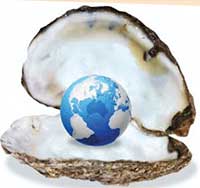
Finally, I started studying the day before the exam. We had a full week of exams and I got into a last minute study mode. Around 11:00 p.m. I opened the textbook for the next day’s exam subject for the first time and studied the textbook and my class notes all night without sleep. Overnight I created a one-page summary for each topic of everything I had revised. After breakfast and before I went to the exam room in the morning, I looked at this one-page summary and then wrote the test. Shortly after the examination, when I returned to the hostel that afternoon, I went to sleep. I woke up around 11:00 p.m. to go through my newly developed exam preparation strategy.
I continued this unorthodox method of learning all week. Since most of my roommates slept while studying, it was quiet and ideal for my concentration. While many experts disagree with this type of last minute study, it worked fine for me. My grades have improved significantly. In later years, I have used this technique for all of my subsequent studies at the Bachelor, Professional, Graduate, Doctoral, and Postdoc levels.

